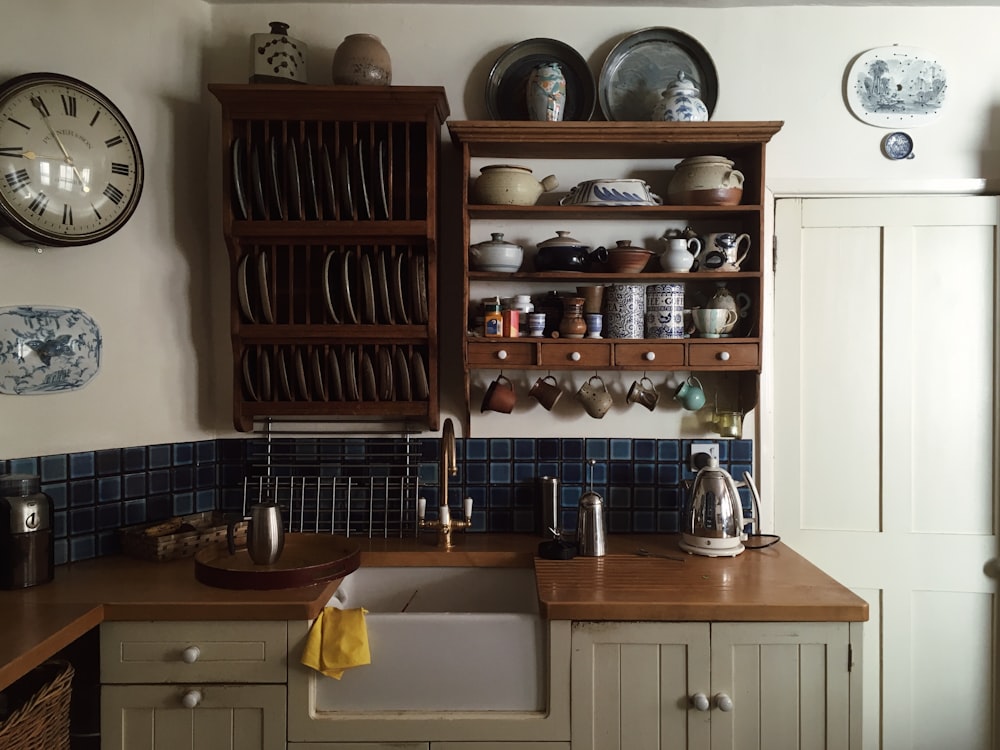Effective Ways to Clean Your Kitchen Sink Drain
Understanding the Problem
A clogged kitchen sink drain can be a frustrating and unsanitary issue to deal with. Understanding the root cause of the problem is the first step in effectively cleaning your drain. Common culprits include food debris, grease buildup, and soap scum, which can accumulate over time and obstruct the flow of water.
Gathering Your Supplies
Before you start cleaning your kitchen sink drain, gather the necessary supplies. You’ll need a plunger, a drain snake or auger, baking soda, vinegar, a scrub brush, and some hot water. These items will help you tackle different types of clogs and restore your drain to optimal functionality.
Using a Plunger
For minor clogs, a plunger can be an effective tool for clearing the blockage. Place the plunger over the drain opening and create a tight seal. Pump the plunger up and down vigorously to create suction and dislodge the clog. Repeat this process several times until the water begins to drain properly.
Snaking the Drain
If the clog persists, you may need to use a drain snake or auger to break it up. Insert the snake into the drain opening and slowly feed it down the pipe. Use a twisting motion to maneuver the snake through the clog, gradually pulling it back out as you work. Be patient and persistent, as this method may take some time to fully clear the obstruction.
Natural Cleaning Solutions
For a more environmentally-friendly approach, consider using natural cleaning solutions to clean your kitchen sink drain. A mixture of baking soda and vinegar can help break down grease and grime, while also neutralizing odors. Simply pour a cup of baking soda down the drain, followed by a cup of vinegar. Allow the mixture to fizz and bubble for a few minutes before flushing it away with hot water.
Scrubbing Away Buildup
Once the clog is cleared, it’s important to scrub away any remaining buildup from the walls of the drain pipe. Use a scrub brush or an old toothbrush to gently scrub the inside of the drain, removing any lingering debris or residue. This will help prevent future clogs and keep your drain running smoothly.
Preventive Maintenance
To avoid future clogs, it’s essential to practice preventive maintenance on your kitchen sink drain. Avoid pouring grease or oil down the drain, as these substances can solidify and cause blockages. Use a drain strainer to catch food debris and other particles before they can enter the drain. Additionally, run hot water down the drain regularly to help flush away any buildup.
Professional Assistance
If you’re unable to clear the clog on your own, or if you suspect that there may be a more serious issue with your plumbing system, it’s best to seek professional assistance. A licensed plumber can assess the situation and provide expert guidance on the best course of action. They have the tools and expertise to tackle even the toughest clogs and ensure that your kitchen sink drain is functioning properly.
Maintaining a Clean Drain
Once your kitchen sink drain is clean and clear, it’s important to maintain it regularly to prevent future clogs. Incorporate simple cleaning tasks into your weekly routine, such as flushing the drain with hot water and baking soda, to keep it free of debris and odors. By taking proactive measures, you can ensure that your kitchen sink drain remains clean and functional for years to come. Read more about cleaning kitchen sink drain

